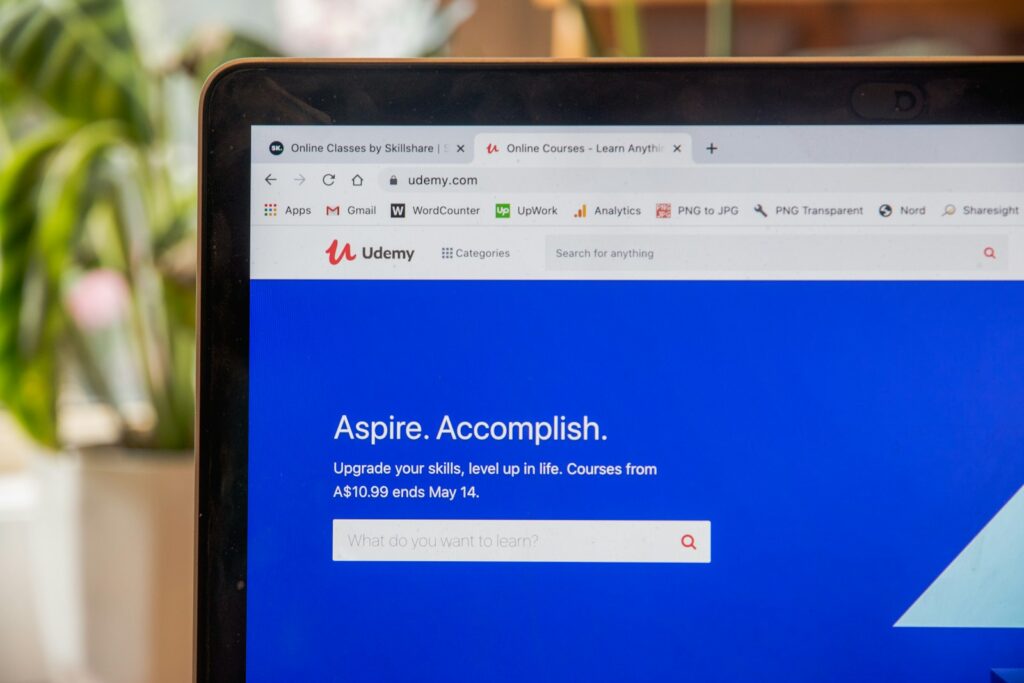Interview Tips for Freshers Engineers
Entering the job market as a fresh engineering graduate can be both exciting and nerve-wracking. As you prepare to face interviews, it’s important to equip yourself with the right knowledge and skills to make a positive impression on potential employers. In this article, we will provide you with some valuable interview tips specifically tailored for freshers engineers. 1. Research the Company Prior to your interview, take the time to thoroughly research the company you are applying to. Familiarize yourself with their products, services, mission, and values. This will not only demonstrate your genuine interest in the company but also help you tailor your answers to align with their goals and objectives. 2. Understand the Job Role Read the job description carefully and make sure you have a clear understanding of the role you are applying for. Identify the key skills and qualifications required for the position and think of specific examples from your academic or internship experiences that showcase your ability to meet those requirements. Being well-prepared will boost your confidence during the interview. 3. Practice Common Interview Questions While you cannot predict every question that will be asked during an interview, there are several common questions that you can prepare for. Practice answering questions about your strengths, weaknesses, career goals, and why you are interested in the field of engineering. Use the STAR method (Situation, Task, Action, Result) to structure your responses and provide concrete examples. 4. Highlight Your Technical Skills As a fresh engineering graduate, your technical skills are of utmost importance. Be prepared to discuss your proficiency in relevant programming languages, software tools, and engineering principles. If you have completed any projects or internships, highlight the technical skills you gained from those experiences and how they can be applied to the job you are applying for. 5. Showcase Your Soft Skills While technical skills are crucial, employers also value soft skills such as communication, teamwork, problem-solving, and adaptability. Be prepared to discuss instances where you demonstrated these skills in a professional or academic setting. Emphasize your ability to work well in a team, effectively communicate complex ideas, and handle challenging situations. 6. Dress Professionally First impressions matter, so make sure you dress professionally for your interview. Opt for formal attire that is appropriate for the engineering industry. Pay attention to grooming, and ensure that you look neat and presentable. Dressing professionally will show your potential employers that you take the interview seriously and are committed to making a positive impression. 7. Ask Questions At the end of the interview, the interviewer will usually ask if you have any questions. This is an opportunity for you to demonstrate your interest and engagement in the position. Prepare a list of thoughtful questions about the company, the team, or the specific role. This will not only help you gather more information but also show that you have done your research and are genuinely interested in the opportunity. 8. Follow Up After the interview, send a thank-you email to the interviewer within 24 hours. Express your gratitude for the opportunity to interview and reiterate your interest in the position. This small gesture will help you stand out and leave a positive impression on the interviewer. In Conclusion Preparing for interviews as a freshers engineer can be a daunting task, but with the right strategies, you can increase your chances of success. Researching the company, understanding the job role, practicing common interview questions, highlighting your technical and soft skills, dressing professionally, asking thoughtful questions, and following up after the interview are all essential steps in securing your dream job. Remember to stay confident, be yourself, and showcase your passion for engineering. Good luck!









